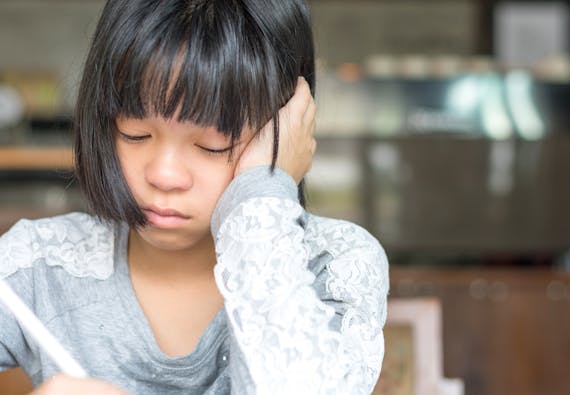What Can I Do?
Be supportive, but don’t focus too much on the disease.
If you use embarrassed or negative tones, your child may feel that psoriatic disease is something to be ashamed of. It isn’t.
Acknowledge the management aspects of the disease, but focus more on your child as an individual and their day-to-day accomplishments, such as “What happened in school today?” or “Wow, you played a great game tonight.”
Help your child identify and express feelings. Depending on the age, emojis may help. Does your child feel anger, frustration, or confusion as to why psoriasis is flaring again, or like it is their fault because they did something to cause the flare? Does your child ask, “Why me?”
Reassure your child that these emotions are normal. They did not do anything wrong. Talk about potential triggers and make journal notes in a symptom tracker to discuss with your child’s doctor. You could say, “Having psoriasis is just like having blue eyes or brown hair. It’s part of who you are. It’s not your fault,” or “It’s not clear why some people have it and others don’t.”
Be careful what you say about your child covering up signs of psoriasis. Encouraging your child to cover up may make your child feel different and that you are embarrassed by how they look. Let your child decide if they want to flaunt their flares and teach others about the disease. If your child feels more comfortable covering up, let that be their choice to do so. Be patient and encourage your child to build self confidence in who they are as an individual who happens to have psoriasis or psoriatic arthritis. Talk with your child about how to tell others about their psoriatic disease.



.png?ixlib=gatsbyFP&auto=compress%2Cformat&fit=max&rect=0%2C38%2C650%2C373&w=778&h=447)